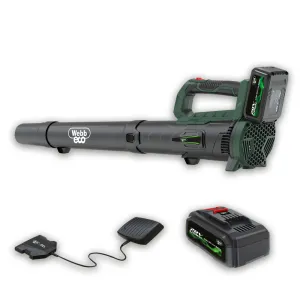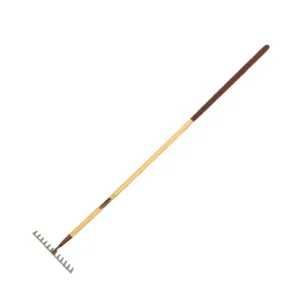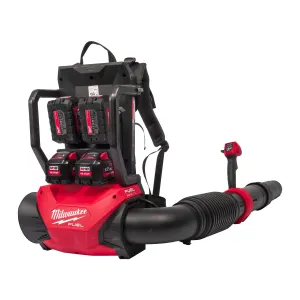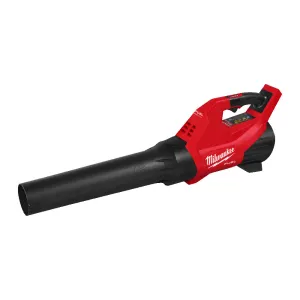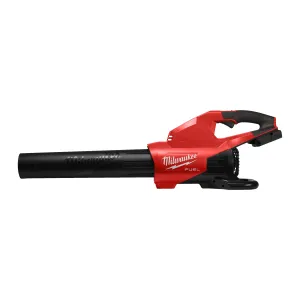The first thing to state is that if you don’t have deciduous trees or shrubs in your garden, you may not need a leaf blower.
However, if you already enjoy a ready supply of annual leaf fall for compost and mulching and have been raking manually to date, read on.
Perhaps the first obvious advantage of a leaf blower is its ability to take the hard work out of manual raking, no more pulling piles of leaves around the garden – especially useful for those with large gardens or lawns to maintain.
The problem with rotting leaves
Left uncollected, leaves will start to rot through autumn and into winter, killing the turf beneath and creating a muddy mess, especially in wet weather.
Leaves that fall in beds and borders however can be left to form mulch – benefitting the soil.
Leaves that fall on hard surfaces can form an unsafe slippery surface, and can harbour disease, fungus and detrimental garden pests. It’s often not possible to rake hard surfaces without damaging the rake or creating an unpleasant noise while you work!
The benefits of using a leaf blower
A leaf blower can propel air with considerable but controlled power, meaning you can move a surprising amount of leaves, clippings and other light garden debris with ease.
If you have pots, furniture or awkward spaces near leaf fall, a leaf blower will quickly move them to a more convenient spot where they can be collected for composting or mulching.
A leaf blower will remove leaves that have fallen on top of specimen plants and shrubs with ease, without harming or damaging those plants.
But blowers really come into their own on gravelled surfaces. Leaves that fall on gravel are difficult to rake without inadvertently raking them into the gravel or moving the gravel around.
Left on top of gravel, they will simply rot down and become compost, encouraging weed seed growth and marring the aesthetic value of gravelled spaces. A leaf blower will effortlessly move leaves off gravel without disturbing the gravel or blowing it around.
You don’t have to wait until the leaves fall to use your leaf blower, they can be used at any time to clear up after pruning or weeding jobs.
Cordless blowers like the Webb Cordless Axial Blower weigh less than three kilos, and make working anywhere in the garden easy, with no petrol fumes or cables to worry about.
For the dedicated gardener, a leaf blower quickly becomes an indispensable tool to support general garden maintenance. However, having a rake to hand is always helpful, particularly for landscaping work or for spreading soil out.




